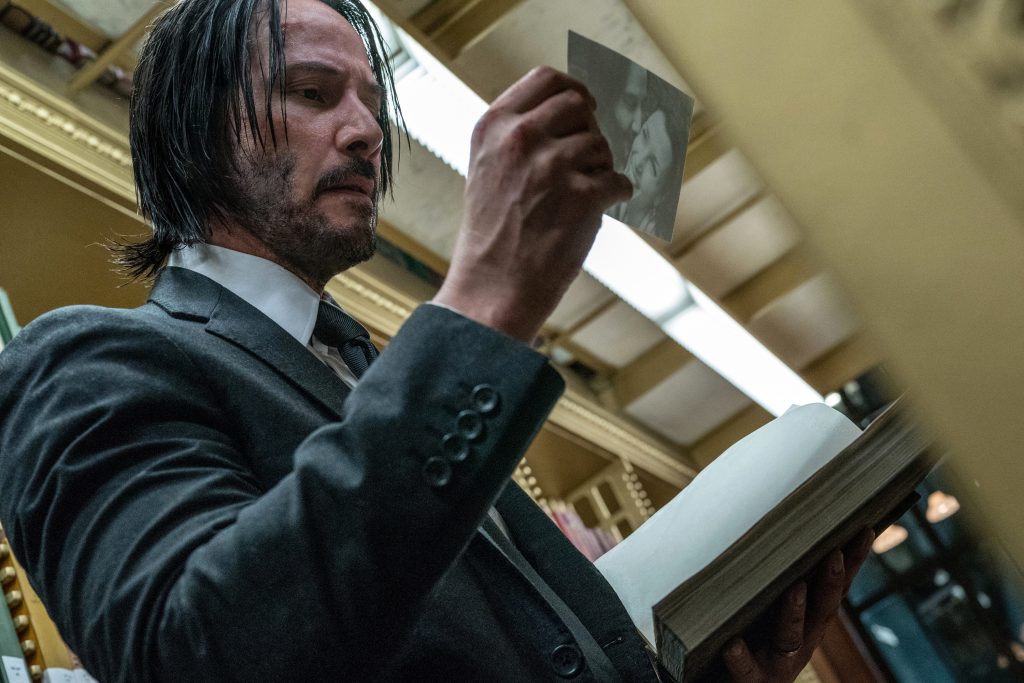 John Wick’s Great Tragedy
John Wick’s Great Tragedy

I recently went to the movies with a friend to watch the third chapter of the John Wick series. Having already seen the first one, and then quickly spark-noted the second, I knew to expect an extravagant amount of violence and death (of which I will not get into the ethics of). What I didn’t expect though, was a deeper problem of the heart, displayed by the main character.
In the first movie, we are shown during the course of the plot that John Wick is an ex-assassin who fell in love with a woman named Helen, whom he then married. In order to live a peaceful life, he gave up his career as a hit-man for her. Shortly after Helen dies of a terminal illness, he gets dragged back into his old way of life as he copes with his grief.
Having not watched the second movie, I cannot comment much on what happens in that story line.
However, one scene in particular from the third movie stuck out to me. At this point, the whole underground network of assassins is racing to kill the legendary John Wick, and claim the 15 million dollar bounty placed upon him. He decides to seek out the elder in charge of the whole operation, to ask for forgiveness for breaking the rules, and request that the bounty be lifted from him.
He journeys through a desert, but in the end, exhausted by his efforts, collapses in the middle of the desert. Luckily, he is found, unconscious, by the elder himself, who takes him back to his camp and nurses him. Once Wick has come to, he has a conversation with the elder, during which he is asked why he wants a chance at life again. Wick replies that he wants to live so he can remember Helen.

The elder tells John Wick that he will grant him that chance if he does 3 things:
pledge fealty again, return to his career as an assassin, and then murder an old friend as his final redemptive act. Only then, will the bounty for his life be lifted. John Wick agrees. He demonstrates his renewed fealty by chopping off his ring finger on his left hand. With that, he gifts his wedding band, the last remaining symbol of his commitment to Helen, to the elder.
Obviously, there are many things wrong and disturbing with this scene. However, the desperation of Wick, to cling to the memory of his wife, was most shocking to me. It led him to pledge a return to the lifestyle he had left to be with her, rather than die.
John Wick’s great tragedy is that he does not believe in an eternal, only in the temporal. That’s made clear by his desperation to hold on to his memories with Helen.
As Catholics/Christians, we must look at our lives and identify the areas in which we tend to do the same. We have the opportunity to live every day with the hope of the eternal. However, in our doubt, sometimes we falsely believe the eternal to not be enough, because it’s such an abstract concept. The temporal is tangible, and easier to believe in. So, we choose to cling to the physical instead. How often does that drag us into old habits, that we acknowledge to not be good for us?
My big takeaway from John Wick? It’s important to make sure our faith influences every aspect of our life. This means that we are careful to seek His guidance at all times. In doing so, we avoid the pitfall of focusing on earthly life so much, that we lose sight of our goal: salvation.
~Alexis Grace









